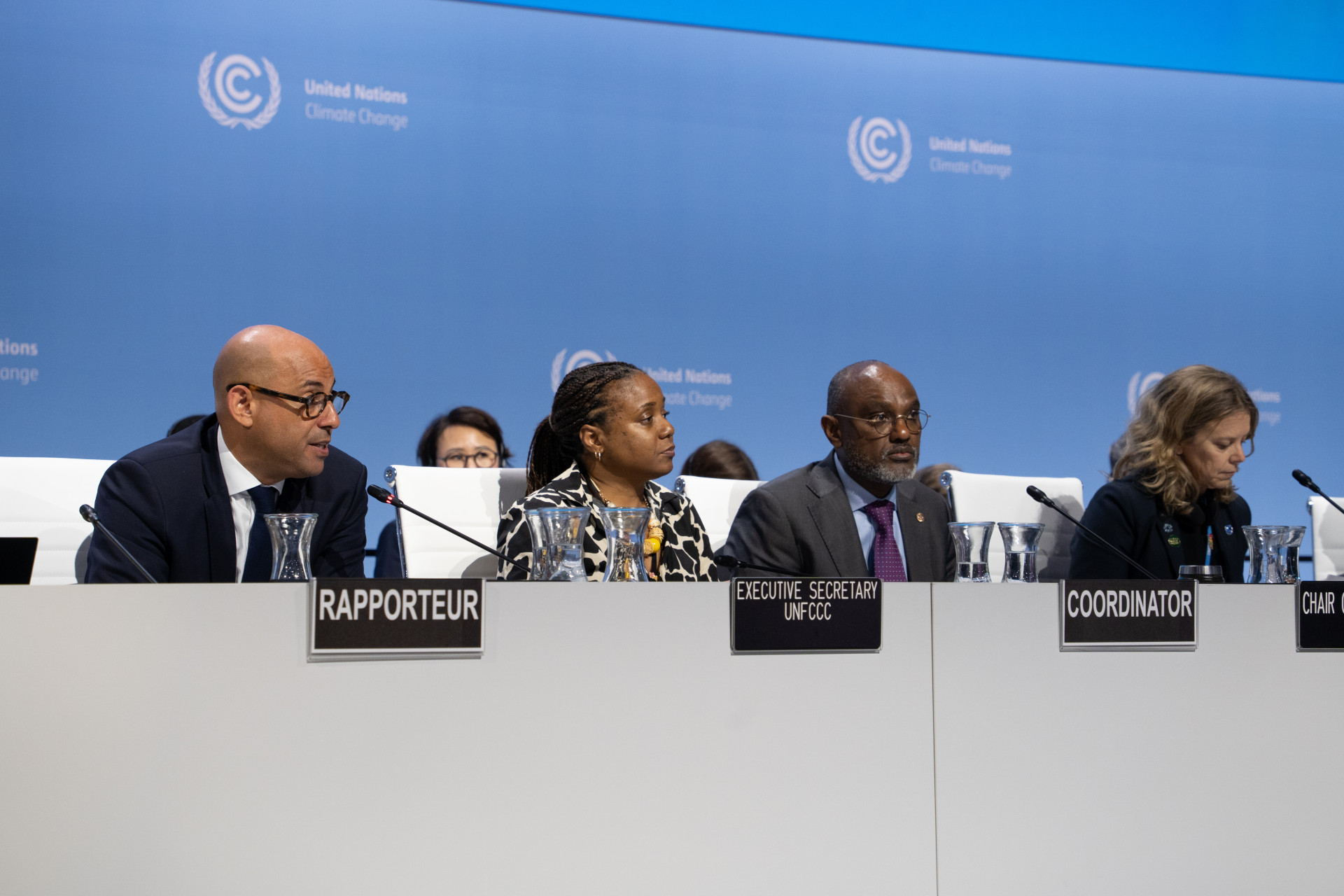
UN Climate Change Executive Secretary Simon Stiell delivered remarks at the closing plenary of the June Climate Meetings on 27 June: “We need to go further, faster, and fairer. I commend the hard work that has paid off over the last ten days, including on the Just Transition Work Programme, Gender, NAPs, Transparency and the UAE Dialogue. Work on some other areas, we have struggled.”
“I’m not going to sugar coat it – we have a lot more to do before we meet again in Belém. There is so much more work to do to keep 1.5 alive, as science demands. We must find a way to get to the hard decisions sooner. We will need negotiators to sit together between sessions to find common ground.”

The second part of the plenary is now underway to close the June Climate Meetings (SB62).
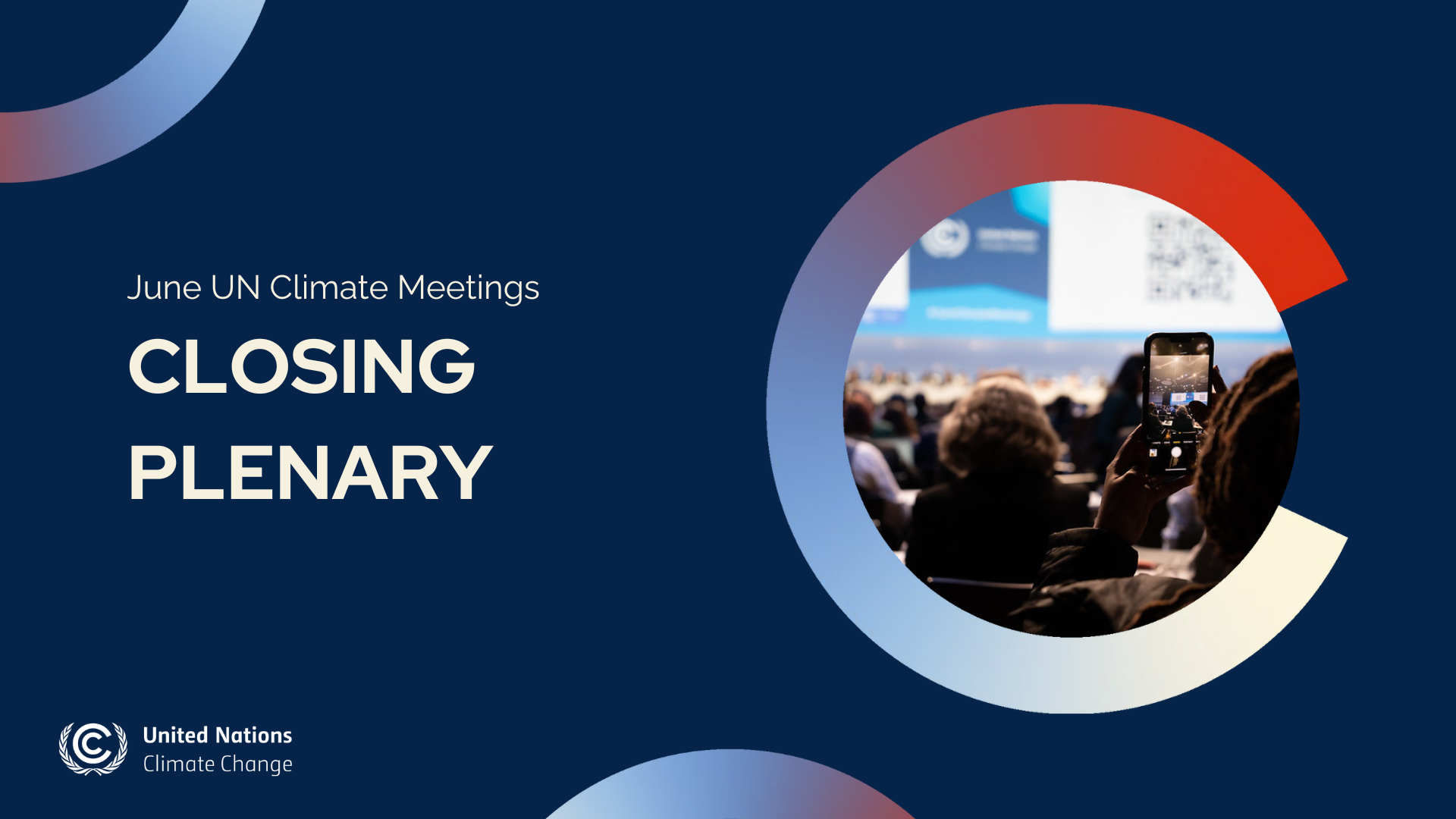
The closing plenary of the June Climate Meetings (SB62) is starting now.

Did you attend the June Climate Meetings using the Digital Event Platform?
Share your experience in our 3-minute survey – your feedback will help us improve the platform for future events.

For a glimpse into the past ten days of meetings, you can explore photos on UN Climate Change’s Flickr.
Images free to use with proper attribution – credit details listed under each photo.
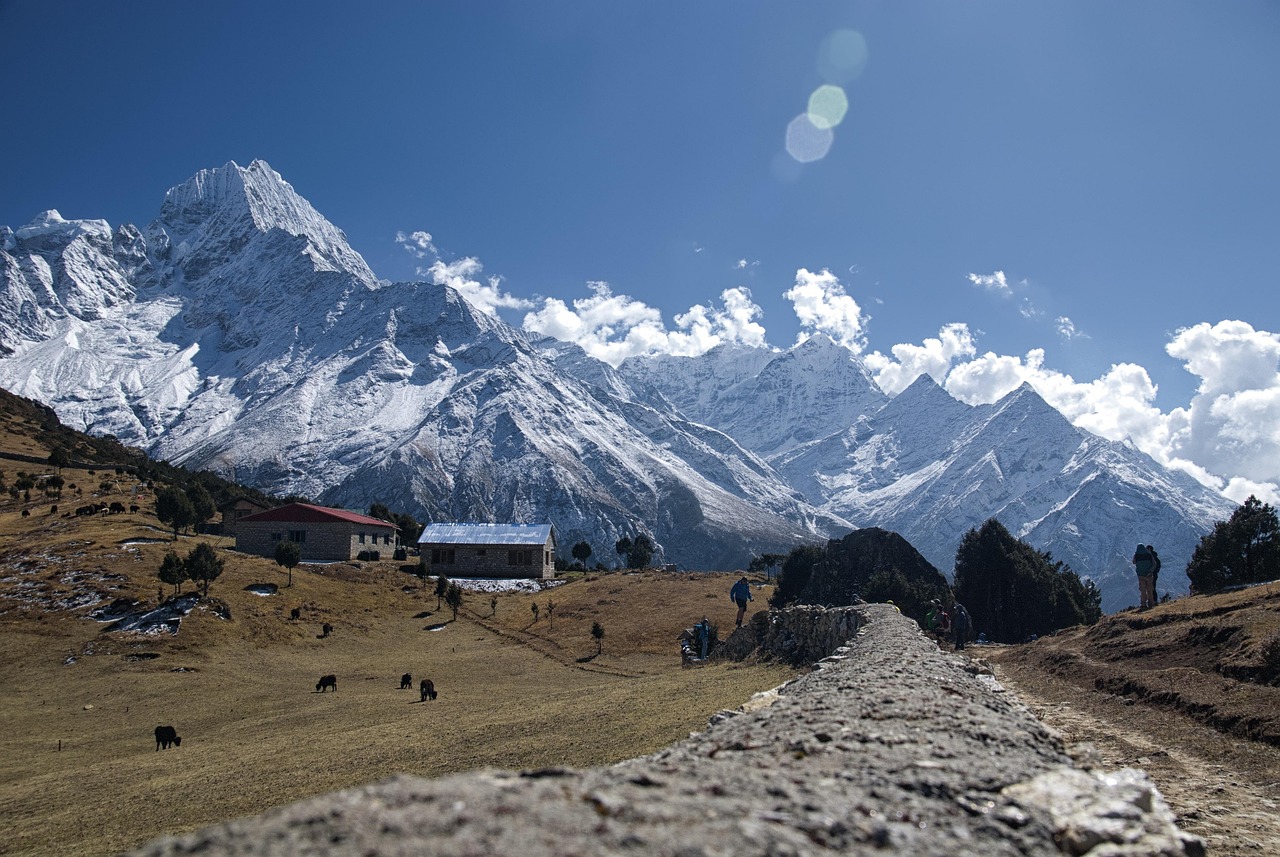
The Hindu Kush Himalayas are on the frontline of the climate crisis, with melting glaciers, water insecurity, food shortages, and disaster risks threatening millions of people.
Following growing momentum to elevate mountain issues within the global climate agenda, the International Centre for Integrated Mountain Development (ICIMOD) and UN Climate Change have signed a three-year partnership to strengthen climate action and ambition in the region.
The objective is to help governments in the region strengthen evidence-based policymaking and investment, track climate progress, identify gaps and unlock support by implementing the Paris Agreement’s Enhanced Transparency Framework (ETF).

The SBI-mandated in-session technical workshop to facilitate the design of activities under the new Gender Action Plan (GAP) took place on 16, 18, and 19 June. Over three days, Parties and observers engaged in interactive discussions to inform the development of the new GAP.
Building on the 2024 review, the synthesis report, and 2025 stakeholder submissions, participants reviewed existing GAP activities and explored possible improvements and new activities aligned with the five priority areas.
Negotiations on the new GAP began on 20 June under the SBI and are expected to conclude at COP30 in Belém, Brazil.
Last week marked a major milestone for global climate transparency, as countries launched a new phase of the Paris Agreement’s Enhanced Transparency Framework (ETF) during the June Climate Meetings.
For the first time, Parties held a working group session of the Facilitative Multilateral Consideration of Progress (FMCP) under the ETF – a platform for countries to share progress, discuss challenges, and learn from one another in implementing their climate commitments.
UN Climate Change Executive Secretary Simon Stiell and COP30 Presidency Youth Climate Champion Marcele Oliveira talk about the concept of ‘mutirão’ – a Brazilian term describing a joint effort toward a shared goal – and how it can be applied to the COP process.
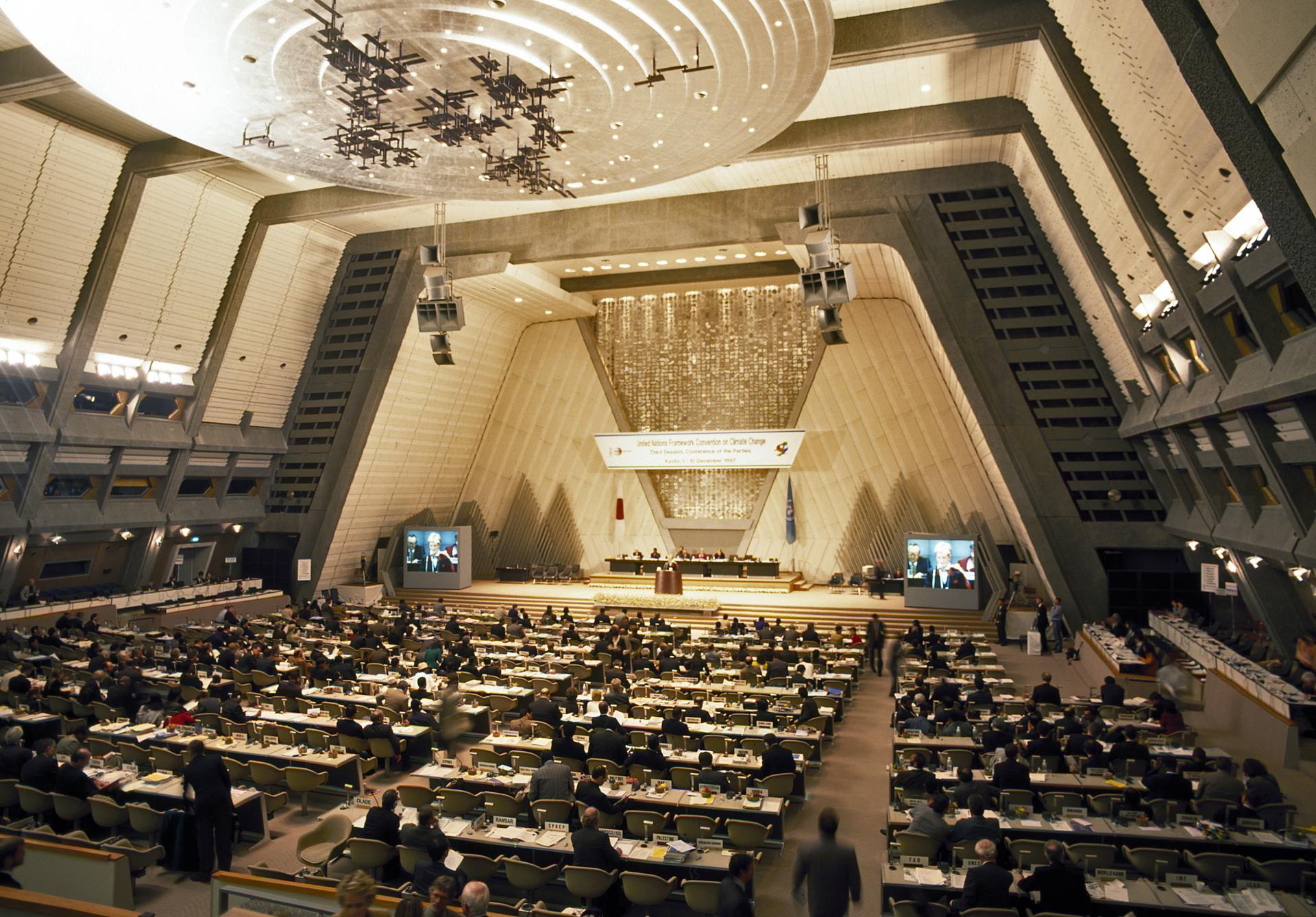
Explore 30 years of climate negotiations at the UNFCCC Richard Kinley Gallery, located in the AH Building (Entrance H-107, UN Campus). The exhibition features original documents, artifacts, rare photos and videos tracing the history of intergovernmental climate change negotiations and the role of the UN Climate Change secretariat. Guided tours are offered during the June Climate Meetings (SB62).
Upcoming tours: Tuesday 24 June, 17:00 CEST / Wednesday 25 June, 12:30 CEST
All SB62 participants are welcome to join a tour – please register by sending an email to the UN Climate Change Records Management Team: rm-team@unfccc.int
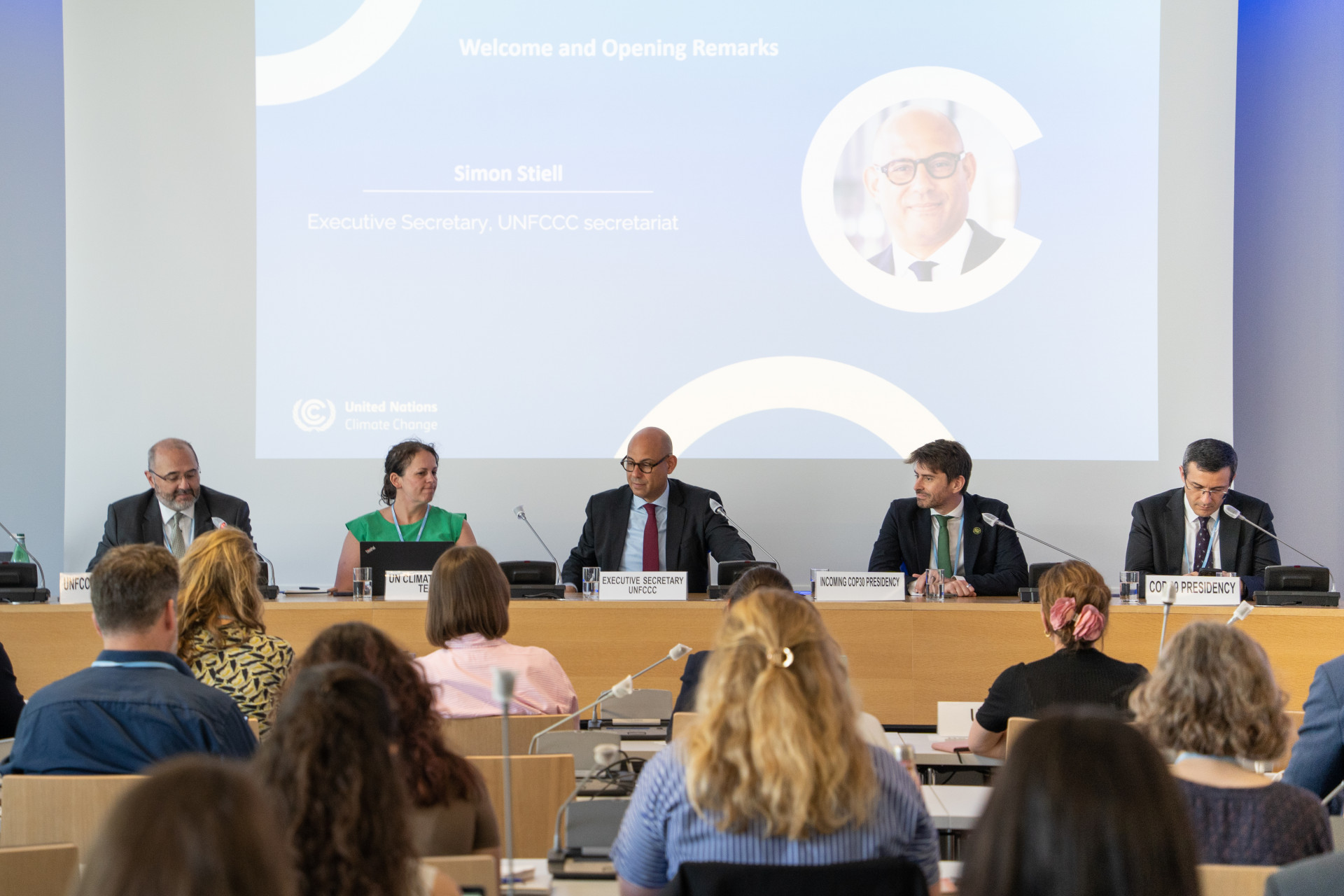
Speaking at an event with UN system entities and development partners to support the next generation of Nationally Determined Contributions, UN Climate Change Executive Secretary Simon Stiell reaffirmed his commitment to mobilize support new NDCs – plans that are bolder, more ambitious, and implementable.
"I am determined that we support every country: both to submit their NDCs – on time – and to significantly raise their ambition," said Stiell.
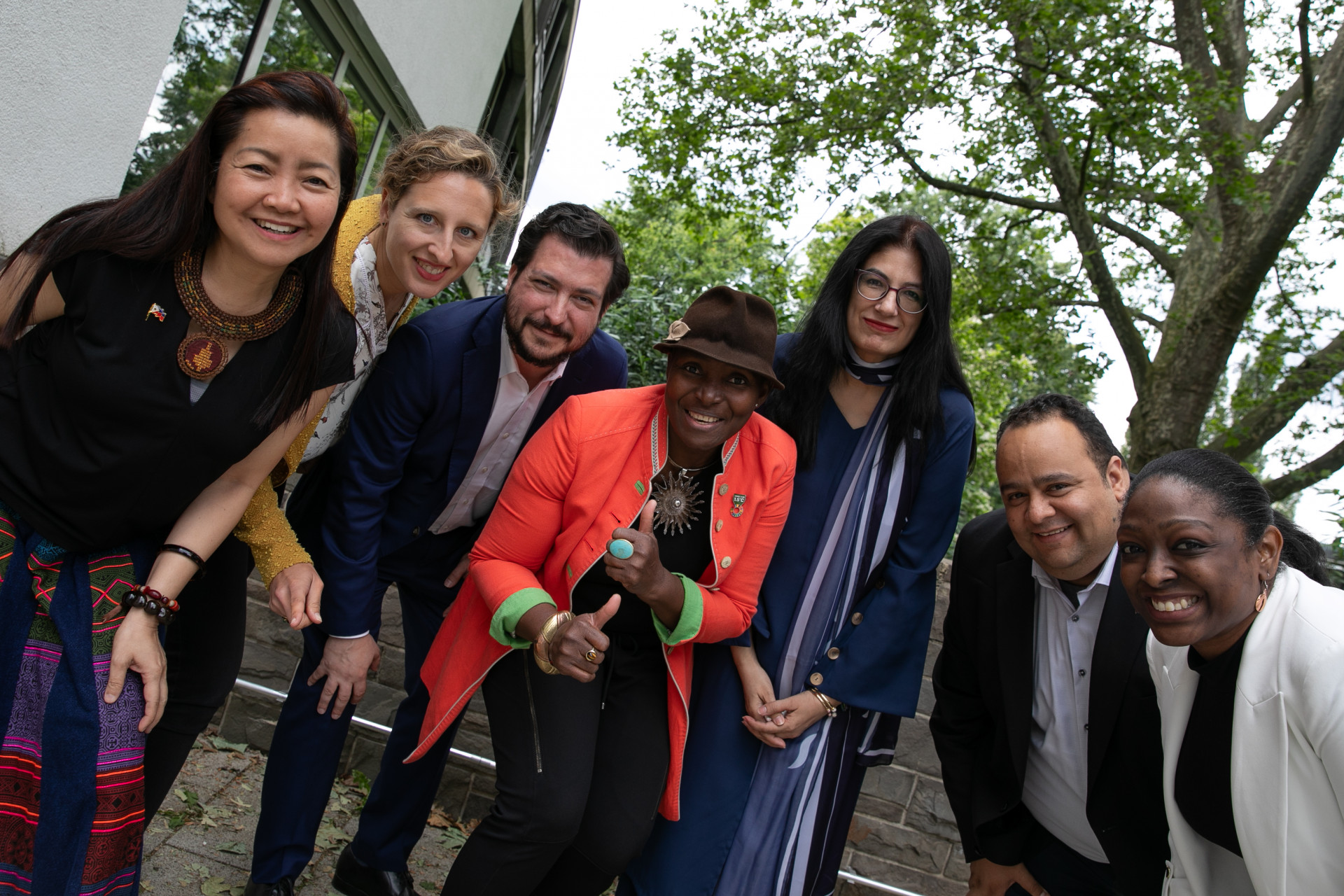
The Paris Committee on Capacity-building (PCCB) will hold its ninth meeting from 23 to 25 June in Bonn to advance capacity-building efforts in developing countries.
The meeting will kick off development of the PCCB’s 2025–2029 workplan, focusing on three priorities: enhancing coherence and coordination, identifying capacity gaps and needs, and promoting awareness, knowledge-sharing and stakeholder engagement. Participants will also be able to contribute ideas for the PCCB’s 2026 focus area.
When: 23 - 25 June, 10:00 - 18:00 CEST
Opening session: 23 June at 15:00 CEST
Location: UN Campus, AH, Lower Conference Room
The World Conference Center Bonn and the UN Campus will be closed on Sunday 22 June.
There will be no official meetings, no services available, and no access to the venue on that day.
The June Climate Meetings will resume on Monday 23 June.

Women often bear the brunt of climate change impacts, but they are also key drivers of climate solutions. From local communities to global negotiations, women bring critical knowledge, leadership and resilience to the table.
Today, UN Climate Change Executive Secretary Simon Stiell met with Women Climate Leaders to discuss the urgent need for systemic change to achieve gender balance within the UN Climate Change process.
“Women are making extraordinary contributions – in communities, in cabinets, in negotiation rooms, in science and policy, in business and beyond,” said Stiell. “But we must also face facts: despite progress, gender balance remains elusive, and gains have not been consistent. I reaffirm my full commitment to working on opening more spaces in our process for women in all their diversity, as well as improving data and reporting that help us track progress.”
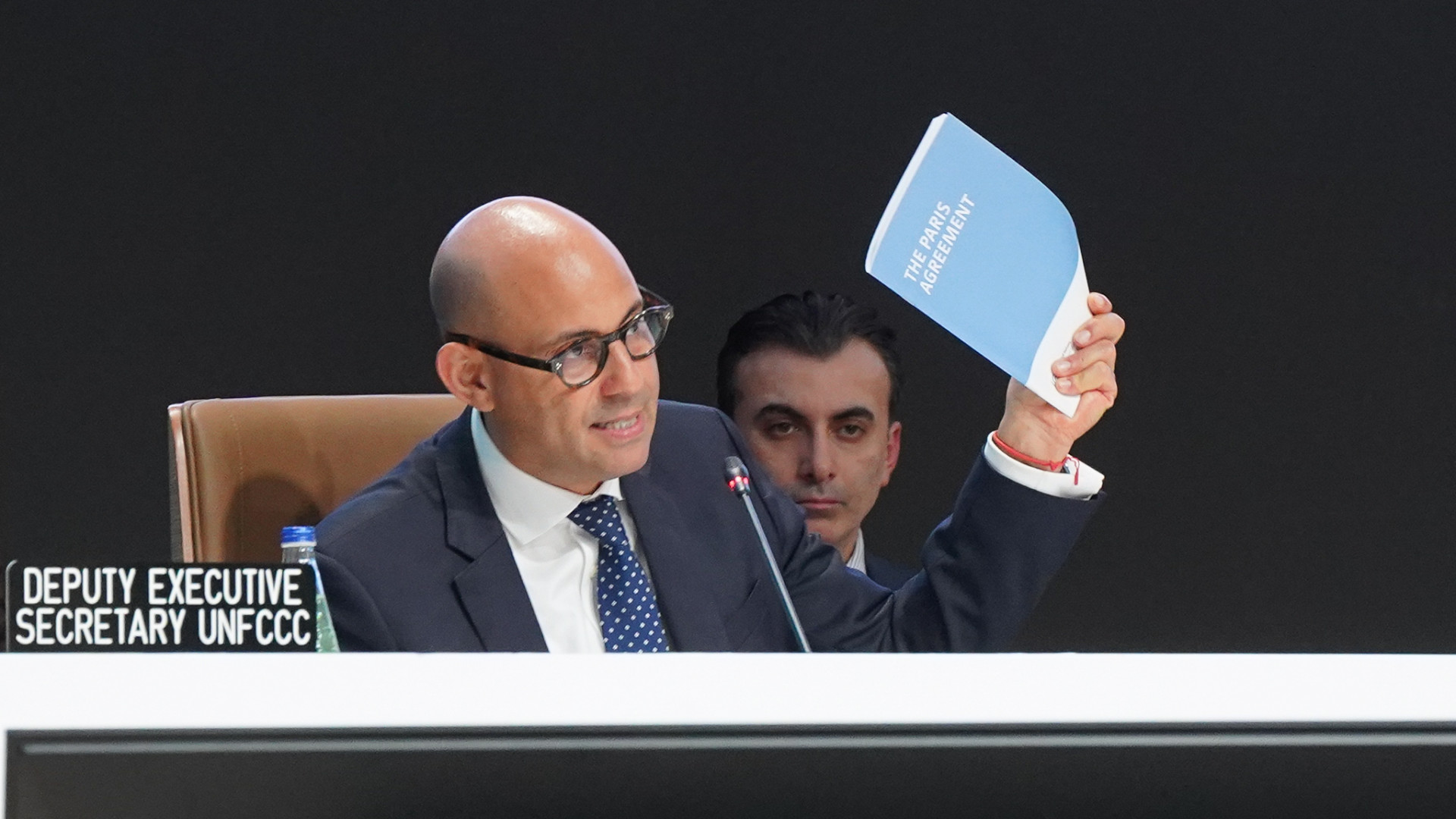
Speaking at a special event to mark the 10-year anniversary of the Paris Agreement today, UN Climate Change Executive Secretary Simon Stiell stressed that there are two sides to the 10-year anniversary.
It's both a moment to reflect on all that has been achieved and a moment to serve as an inflection point to step it up.
"This must be the decade of delivery," said Stiell. "Of acceleration. Of implementation on the ground. And I’m not talking about grand gestures or virtue signaling – I’m talking about blueprints for real-world economic opportunity; for security; for resilience; for growth. Backed up by real delivery."

This event brings together national and subnational actors to share experiences in developing legislation, action plans and frameworks for economic diversification and a just transition.
Participants will discuss how these frameworks are being integrated into national climate plans (NDCs) and broader climate strategies, offering valuable insights and best practices.
Date: Saturday 21 June
Time: 15:00 - 17:00 CEST
Location: UN Campus, AH, Lower Conference Room
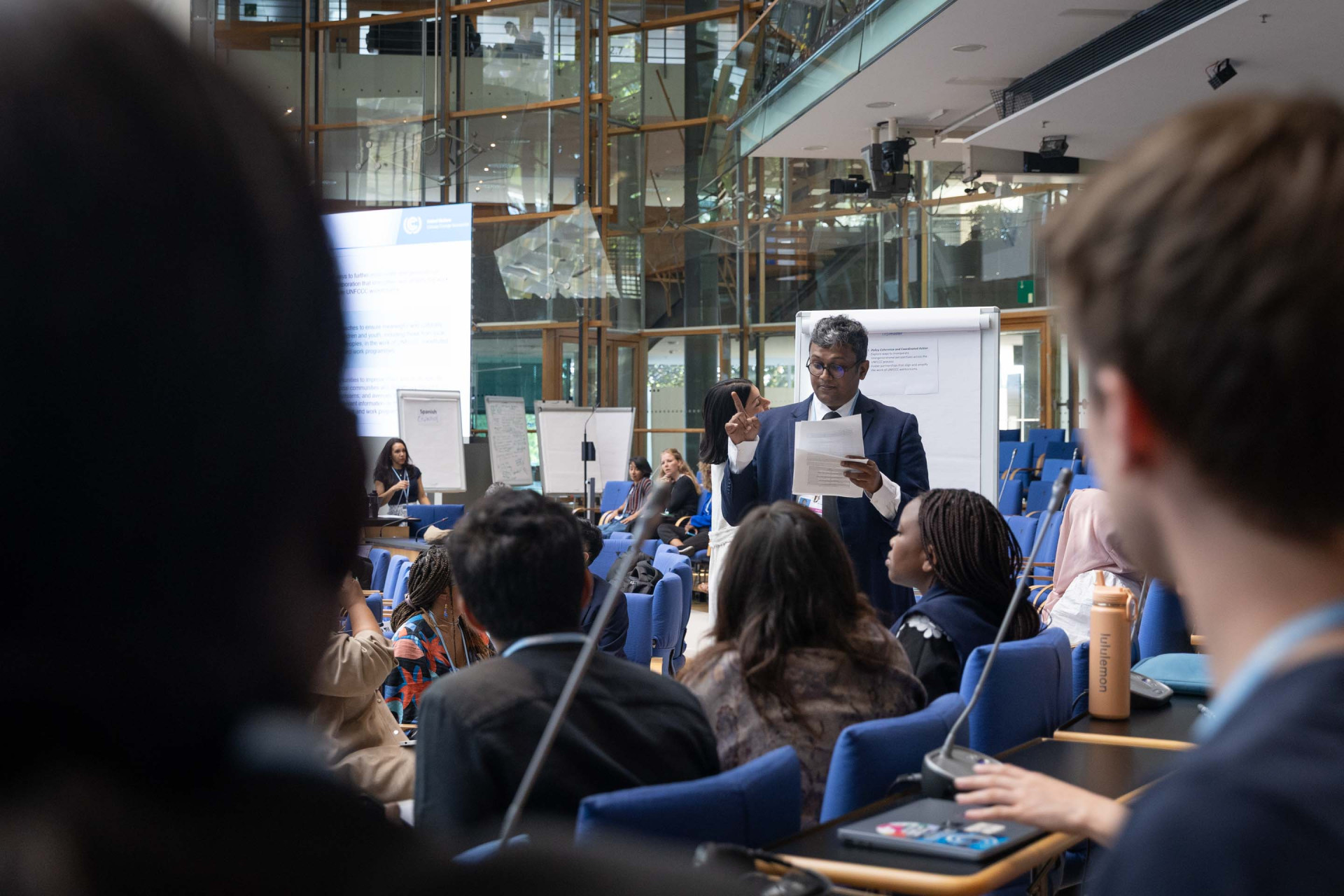
UN system entities and development partners are convening today to assess progress, share insights and identify gaps to support the next generation of Nationally Determined Contributions (NDCs).
The fourth Interagency Meeting will build on the past three meetings, focusing on the transition from NDC development to implementation and identifying solutions. Implementing partners will share insights and recommendations, highlight success stories, and discuss next steps in the critical transition from NDC development to implementation.
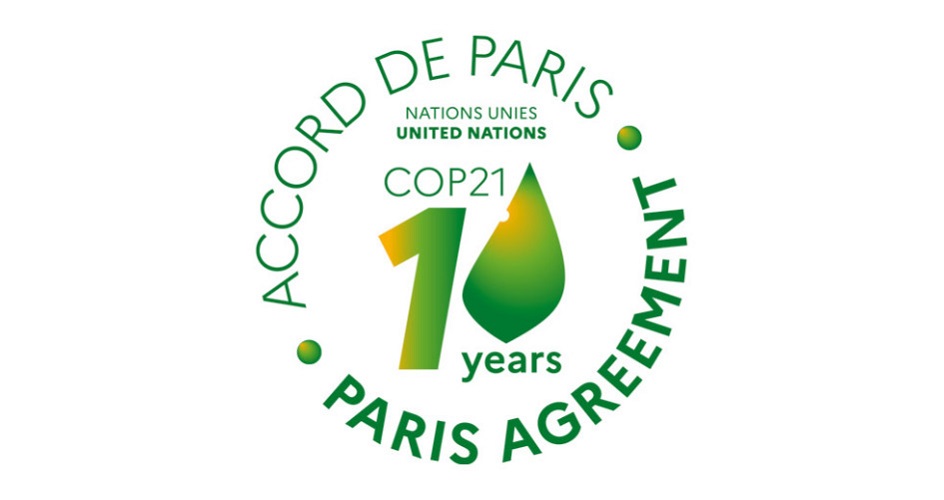
Ten years ago, the Paris Agreement brought 195 countries together in a bold commitment to cut emissions and build resilience to worsening climate impacts.
Key figures who shaped the Agreement will mark this milestone by reflecting on what Paris has delivered and what’s needed next.
To commemorate the anniversary, the Governments of France and Brazil, with the UNFCCC secretariat, have launched a 10th anniversary logo for use at climate-related events. Find out how to apply to use the logo.
When: 21 June, 13:00 - 15:00 CEST
Where: WCCB, Plenary Building, Chamber Hall
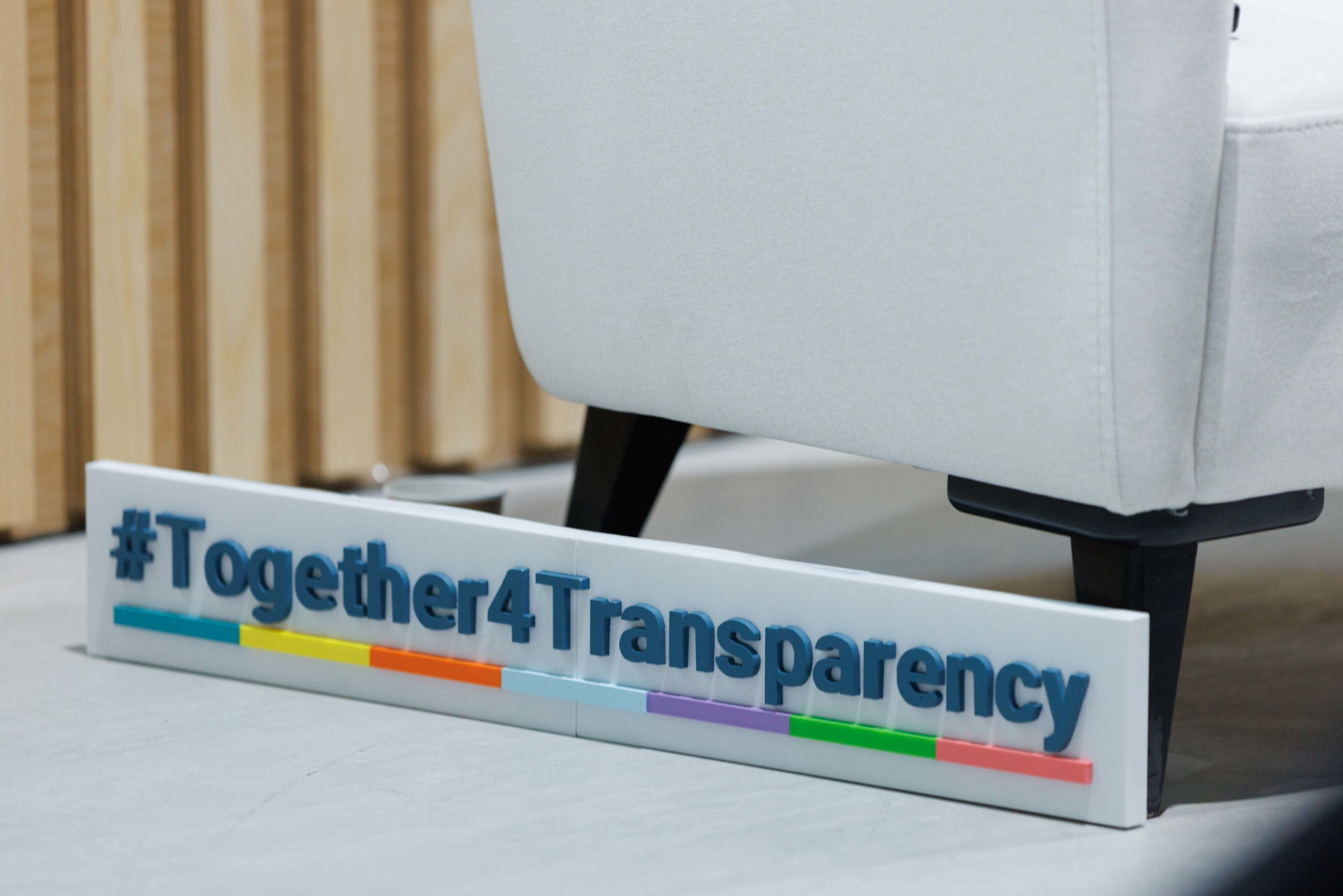
The UNFCCC secretariat is holding clinics on the Biennial Transparency Reports (BTRs), focusing on the Enhanced Transparency Framework reporting tools. The clinics offer tailored one-on-one technical support to Parties across all three reporting modules: greenhouse gas inventories, progress on nationally determined contributions, and finance, technology transfer and capacity-building.
These clinics are part of the #Together4Transparency initiative and the secretariat’s ongoing efforts to strengthen Parties’ technical expert capacity.
Upcoming clinics taking place on 21, 23, 24 & 25 June, at the UN Campus, AH Building, Room H-208.
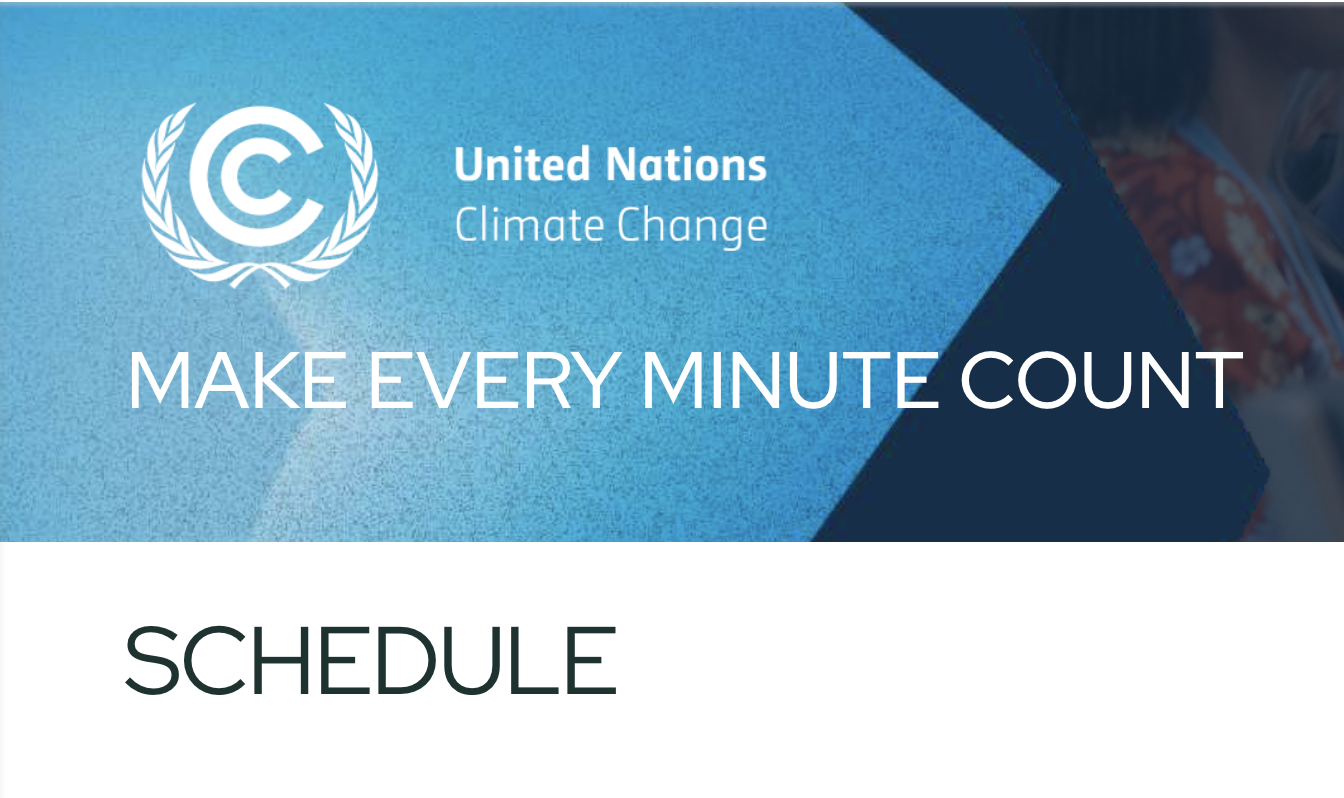
The SB62 Digital Event Platform helps participants manage their schedule, follow agenda items, get real-time updates, access documents, and connect with others.
Whether onsite or online, participants can view meetings (based on badge type) and join discussions in the Networking Lounge.
For the most up-to-date meeting schedules, please use this platform or check the CCTV screens inside the venue.

The 2025 round of NDCs provide an opportunity to close current gaps in ambition and implementation, unlock investment at scale and chart a credible course to keep the Paris Agreement’s goals within reach.
Join us today at 13:30 in the Berlin Room of the WCCB for an event organized by the UNFCCC, OECD and UNDP to discuss the findings of a recently published OECD-UNDP report, Investing in Climate for Growth and Development.
This publication provides a strong economic case for accelerated climate action and sets out how this can be delivered through implementable, investable NDCs.
Panellists will share experiences, practical tools and approaches to unlock public and private finance to support ambitious NDCs and deliver on countries’ economic growth, development, and climate goals. The event is open to all in-person participants.

In its fourth official letter to the international community, the incoming COP30 Presidency presents its vision for the Global Climate Action Agenda, reaffirming its commitment to implementing the outcomes of the Global Stocktake.
“Our aim is to bring a new dynamic to global climate action by aligning the efforts of businesses, civil society, and all levels of government in coordinated action," writes André Corrêa do Lago, incoming President of COP30.

Marking a key moment in the implementation of the Enhanced Transparency Framework under the Paris Agreement, this first-ever Facilitative Multilateral Consideration of Progress (FMCP) will bring Parties together for a multilateral exchange on lessons learned from implementing their NDCs. Andorra, Panama and Guyana will present progress in implementing climate action under the Paris Agreement.
The event aims to foster mutual learning, enhance trust and transparency, and strengthen climate action by sharing experiences and best practices in delivering climate action and support. While only Parties to the UNFCCC and the Paris Agreement may participate directly in the discussions, registered observer organizations are invited to attend and follow the sessions.
FMCP Working Group Session: 21 June, 10:00-12:00 CEST - WCCB, Main Building, Room Genf
Informal FMCP Dialogue: 21 June, 12:00-14:00 CEST - WCCB, Main Building, Room Genf

Browse and download high-resolution images from our Flickr gallery.
All images are free to use with proper attribution – credit details are listed under each photo.
Check our licensing terms here.
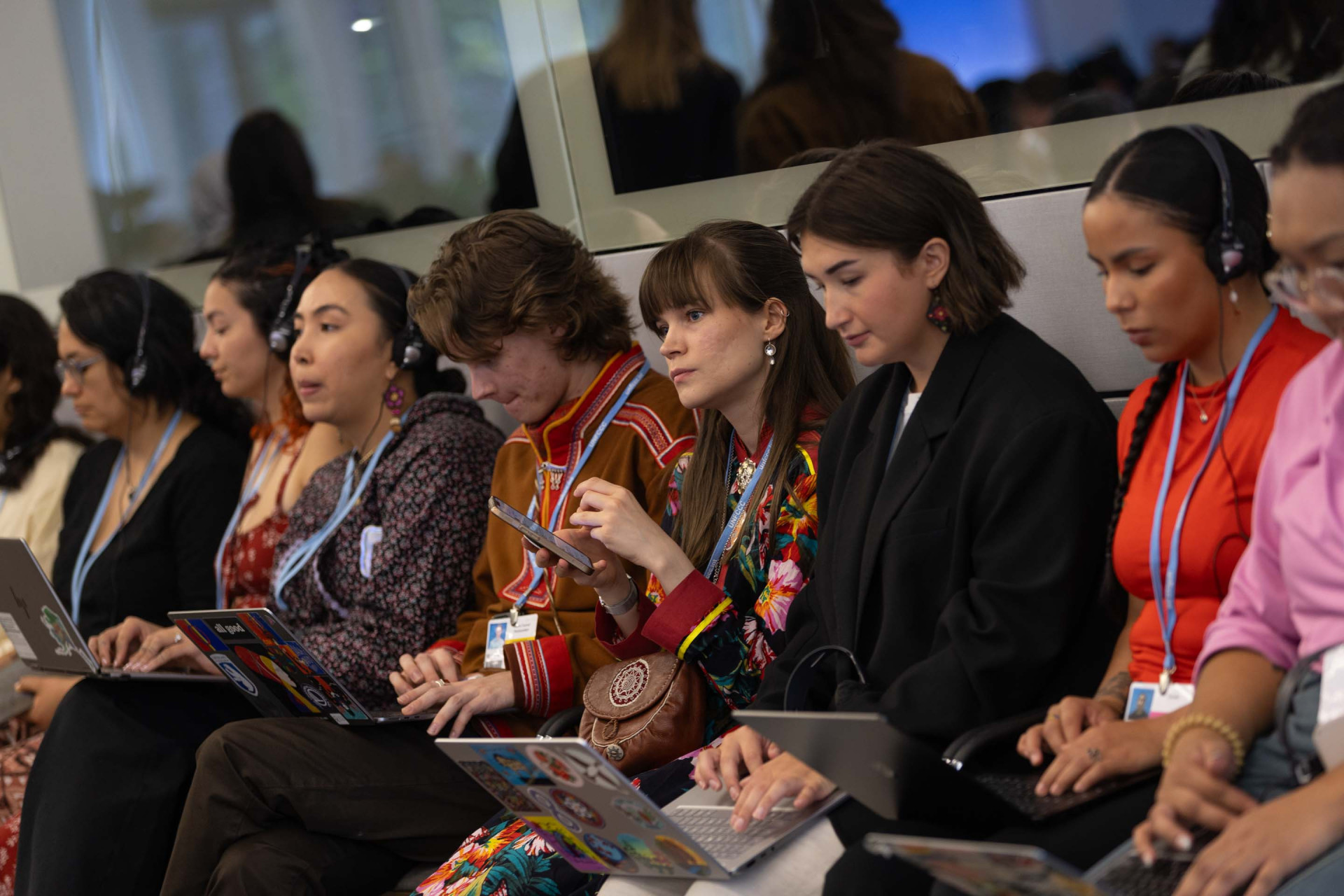
Make sure you follow the UN Climate Change Conference Code of Conduct and rally others to do the same:
Ensure a safe space: It's on all of us to maintain a respectful, harassment-free working environment.
Report issues: Witness or experience a problem? Report it to UN security or here.
Follow rules: Respect event rules, protocols and UN procedures.
Show respect: Treat flags, name plates and UN symbols with respect.
Privacy matters: Follow UN guidelines for photos and recordings.

Tune in today starting at 15:00 to watch a press conference with the incoming COP30 Presidency on the status of preparations and logistics for the year-end climate conference in Belém.
Ambassador André Corrêa do Lago, President of COP30, and Valter Correia, Special Secretary for the Conference, will speak at the press conference, and answer questions about the event venue, transportation, accreditation, and other matters.
Date: Thursday, June 19, 2025
Time: 15:00 CEST

Global climate action reached a pivotal moment with the Outcome of the First Global Stocktake (GST), a cornerstone of the UAE Consensus from COP28. This landmark outcome sets clear, ambitious energy targets, urging countries to transition from fossil fuels and accelerate towards net-zero energy systems.
Join us today at 12 p.m. in the Bonn Side Event Room of the WCCB for an update on the key indicators for tracking COP28 energy outcomes and underscore the GST's crucial role in shaping the ambition of upcoming Nationally Determined Contributions (NDCs). The event will foster an exchange among countries on translating global energy goals into NDCs and explore the solutions needed to achieve these targets.
When: Thursday 19 June, 12:00 p.m.
Where: Bonn Side Event Room of the WCCB

The annual Dialogue on Action for Climate Empowerment (ACE) provides a platform for Parties and stakeholders to exchange good practices and lessons learned in advancing climate education, public awareness and participation.
The 2025 Dialogue will focus on policy coherence and coordinated action, and feature a joint session with UNFCCC constituted bodies and work programmes – highlighting how children and youth can accelerate ACE implementation and promote intergenerational knowledge sharing.
When: 19 June, 10:00-13:00 CEST
Where: WCCB, Plenary Building, Chamber Hall

Corpus Christi, observed tomorrow, Thursday, 19 June, is a public holiday in North Rhine-Westphalia, including Bonn. Most shops and businesses will be closed for the day, and public transportation will operate on a Sunday/holiday schedule. Please take this into account when planning meetings, errands, or travel.
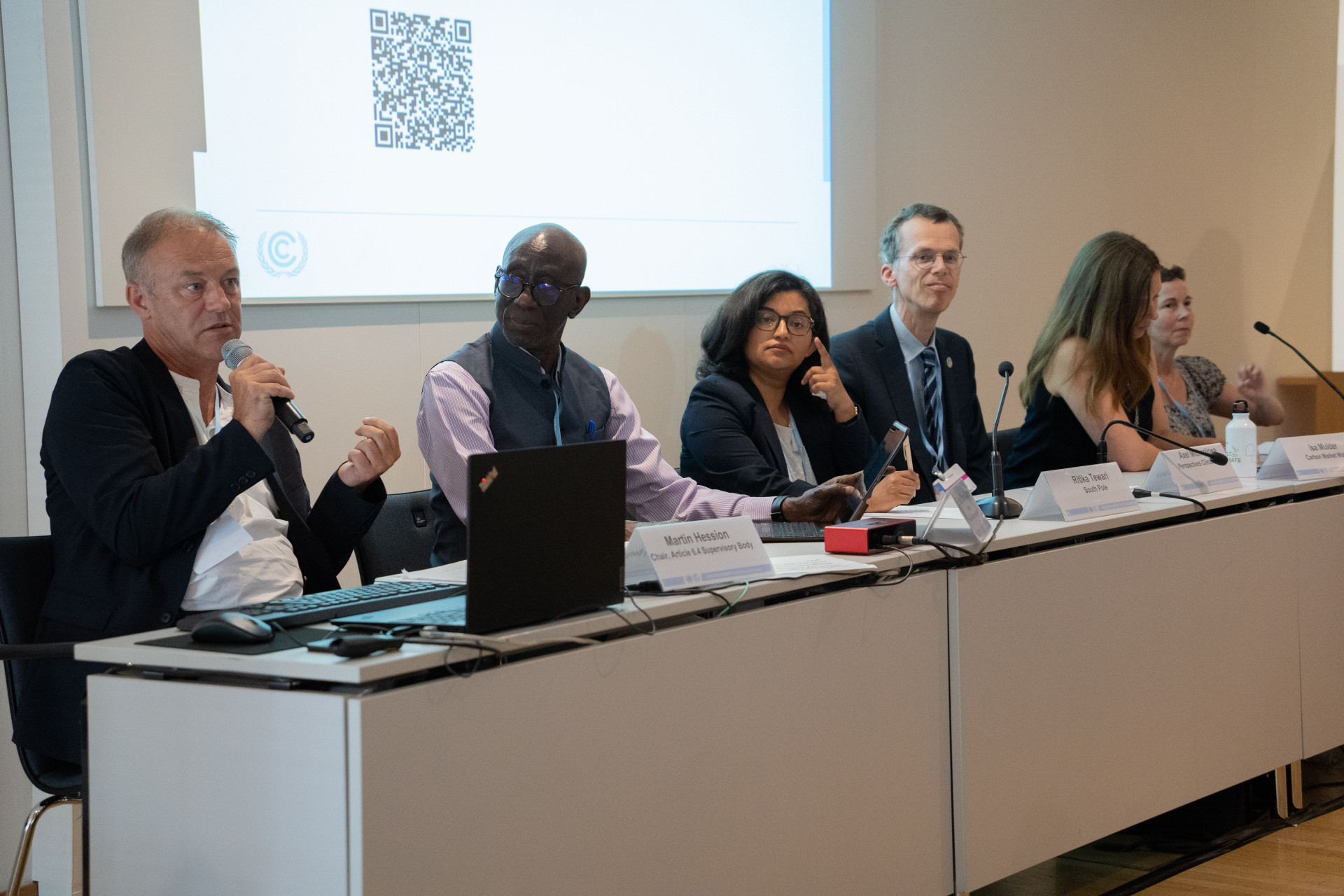
At today’s side event on the Paris Agreement Crediting Mechanism, the focus was on how the UN carbon market is being operationalized through detailed work on methodologies and standards since the major breakthrough on international carbon markets at COP29.
The discussion highlighted progress since Baku on key elements such as baseline setting, additionality, and leakage – positioning the mechanism as a Paris-aligned benchmark for international carbon markets.
“This year we’ve managed to adopt an additionality standard and a baseline standard and they are quite radical and different. The baseline standard has progressive ambition built into it: There is a 1% per year reduction of crediting levels, which we think is aligning with Paris and ambition. There is also a starting point that is 10% lower for historic emissions. Why that’s important is that makes the crediting levels consistent with pathways to zero, and it also leaves more of the mitigation benefit at home with host countries,” said Supervisory Body Chair, Martin Hession.
The Supervisory Body Chair also outlined priorities for the year ahead, which include guidance on removals, a risk assessment tool, and targeted support to help countries engage with the mechanism.

Following the publication of the Roadmap’s workplan by the COP29 and COP30 Presidencies, this event marks the next key step.
With 114 submissions received on topics to be covered by the Roadmap, the COP29 and COP30 Presidencies will share key insights and provide updates of work under the Leadership Circle on Finance and the COP30 Circle of Finance Ministers.
When: 18 June, 16:00-18:00 CEST
Where: WCCB, Plenary Building, Chamber Hall
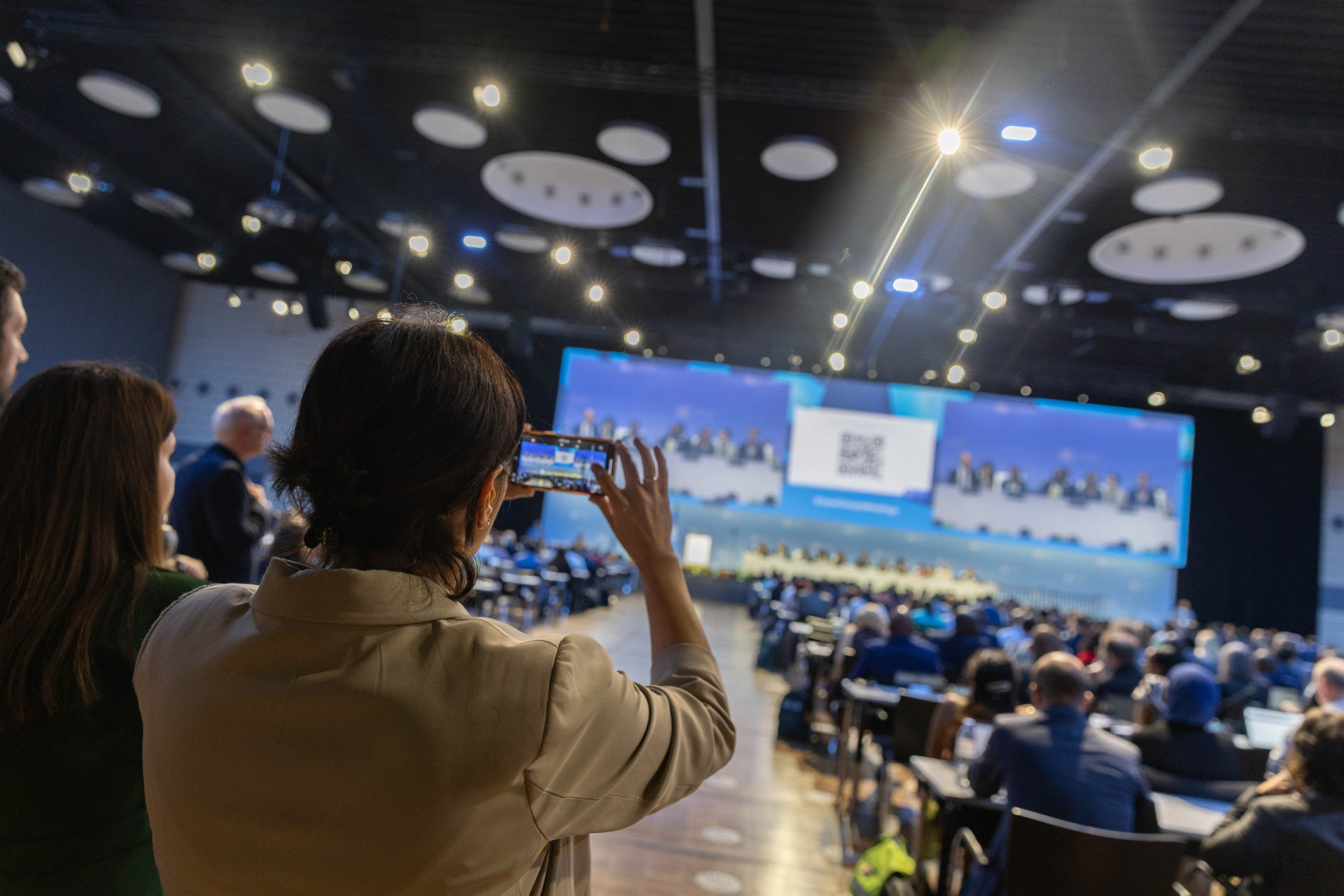
This inaugural Dialogue offers Parties and non-Party stakeholders an opportunity to explore how cooperative approaches under Article 6.2 of the Paris Agreement can deliver on two critical goals:
- Enhance ambition in Nationally Determined Contributions (NDCs)
- Mobilize climate finance, particularly for developing countries
The event is open to all registered in-person participants (but it is not being webcast).
Day 1: 18 June, 15:00-18:00 CEST / WCCB, Main Building, Room Wien 1-2
Day 2: 19 June, 15:00-18:00 CEST / UN Campus, AAH, Lower Conference Room

The UNFCCC website is a key tool during climate negotiations, giving participants fast, reliable access to agendas, schedules and negotiation documents.
To support delegates at the June Climate Meetings, the UNFCCC secretariat has introduced new features and streamlined existing tools to help users find information more quickly. Highlights include:
- Faster, more compact calendar with reduced load times
- New ‘At a Glance’ daily meetings view
- Simplified session pages for easier document access
- Pilot ‘AskUNFCCC’ AI tool on key pages and the mobile app
- Email alert and push notification options for new documents
- Conference info accessible within two clicks from the homepage
- Separate language pages for improved content management
If you try the ‘AskUNFCCC’ pilot, please leave your feedback to help us improve the tool.
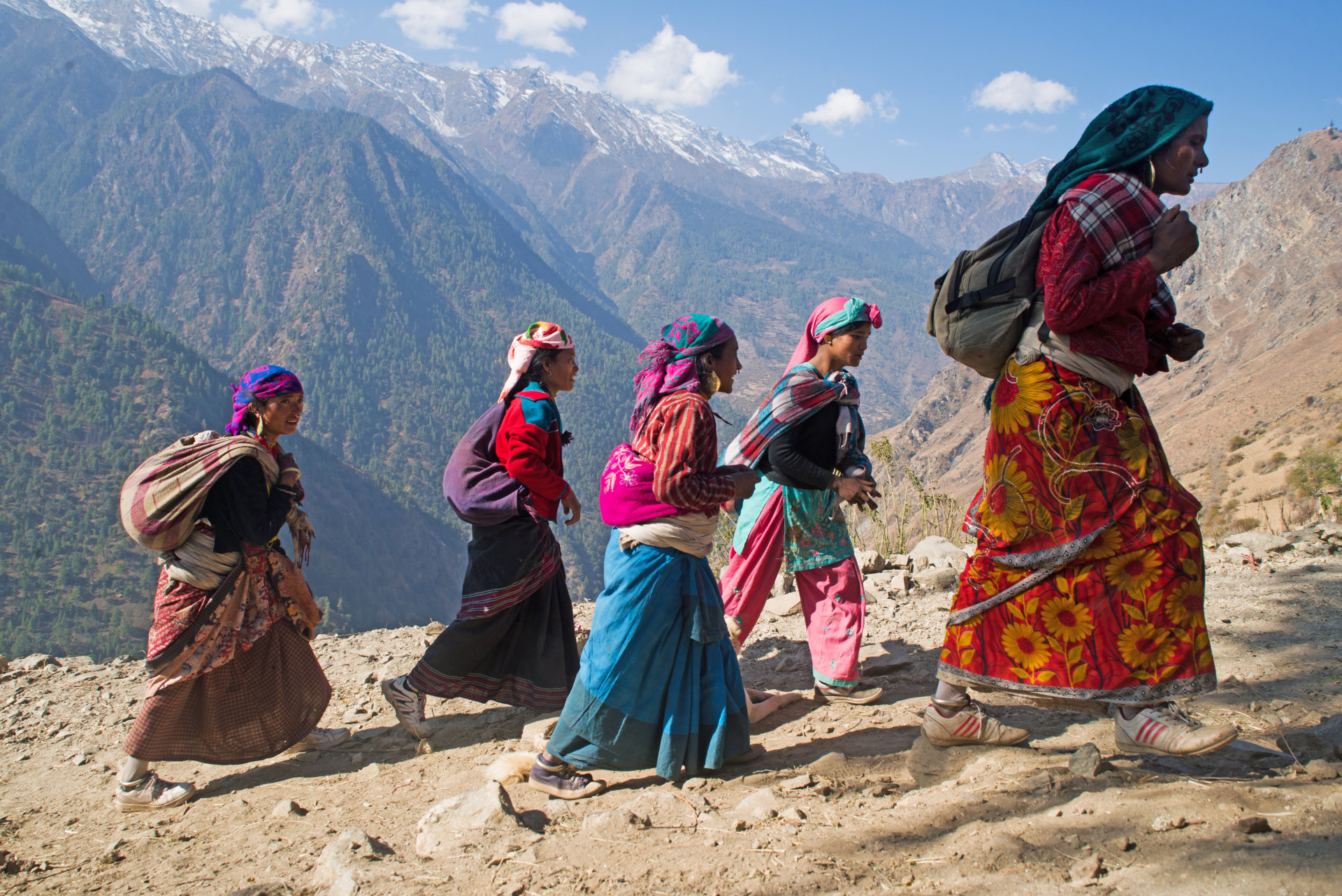
Climate change affects people’s lives differently due to discrimination based on social factors such as gender, ethnicity, income and age.
Today’s high-level event brings together leaders and experts to spotlight the vital role of gender-disaggregated data in shaping effective and equitable climate policies.
When: 18 June, 13:15 – 14:45 CEST
Where: WCCB, Main Building, Room Addis Abeba
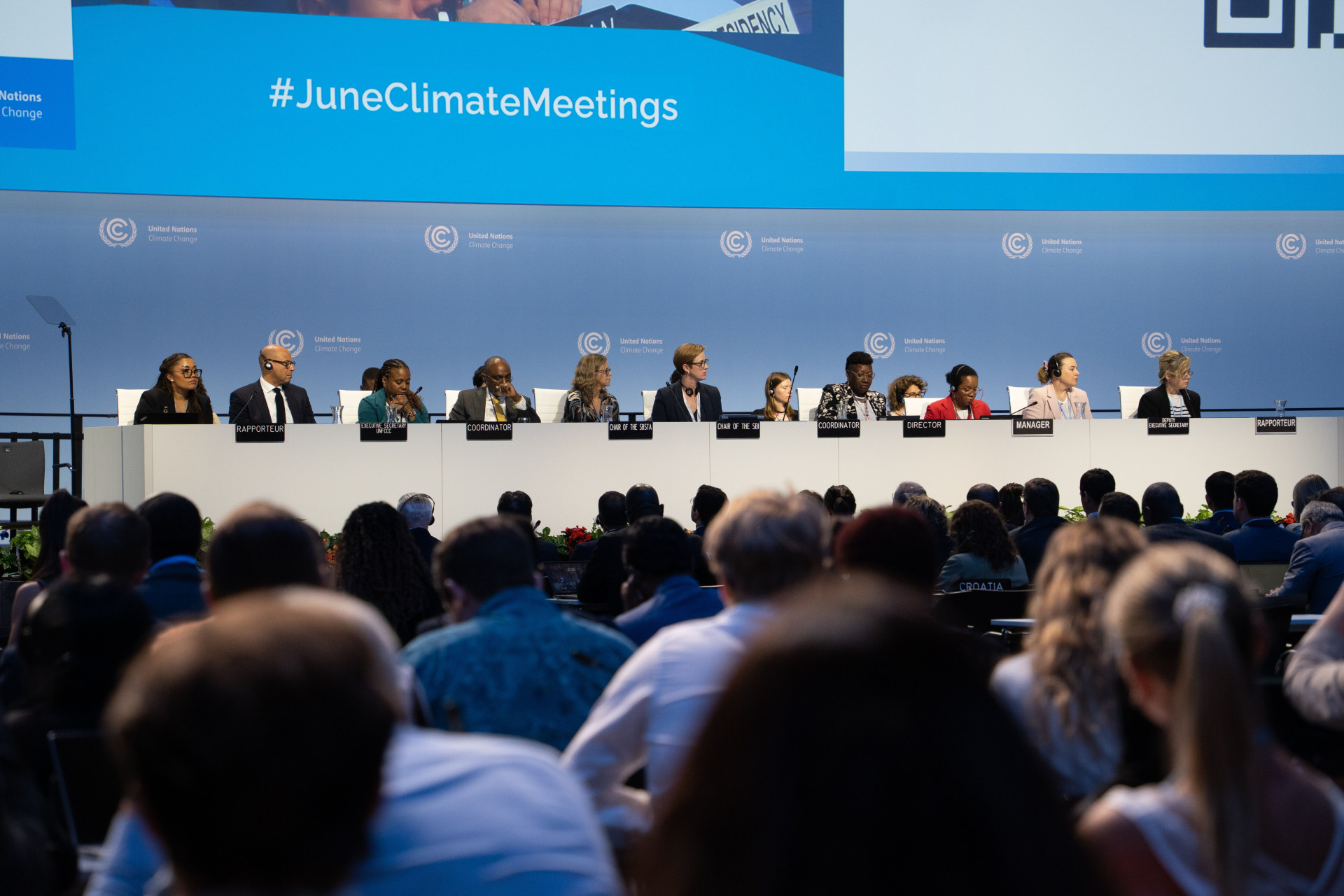
“Even if imperfect, even if no country or group gets everything it wants, climate multilateralism has delivered clear progress at each recent COP,” said UN Climate Change Executive Secretary Simon Stiell, following the adoption of the agenda at the UN June Climate Meetings in Bonn.
“But clearly more is needed, and faster. And we need to demonstrate to the world that climate cooperation can deliver. Now more than ever. And if we want COP30 to take us another global step forward, we need the next eight days to deliver concrete progress, across all aspects of the agenda.”

'Finding Common Ground' is a photographic glimpse into the climate negotiations, capturing the quieter, powerful moments of diplomacy that often go unseen. Photographer Kiara Worth describes it as a "love letter to multilateralism, exploring topics including leadership, diversity, consultation, activism, finding solutions, transparency, decision making and, above all, the beauty of our shared humanity."
If you’re in Bonn for the climate negotiations, please join us for the official opening today at 18:30 in the underground tunnel connecting the World Conference Centre's two main buildings (you can’t miss it!).
Both UN Climate Change Executive Secretary Simon Stiell, and the Mayor of Bonn Katja Dörner, will be in attendance to mark the occasion.
When: Tuesday 17 June, 18:30
Where: The underground tunnel connecting the two conference buildings

Now in its third and final year, the Sharm el-Sheikh Dialogue is set to conclude in 2025 with a view to informing deliberations at COP30 on the way forward.
The first of two workshops will take place today and tomorrow, focusing on concrete examples and solutions to build national capacity for financial sector development, advance transition planning toward low-greenhouse-gas-emissions and climate-resilient development, and fund just transition efforts.
Day 1: 17 June, 15:00-18:00 / WCCB, Main Building, Room Genf
Day 2: 18 June, 10:00-18:00 / WCCB, Plenary Building, Chamber Hall

This year’s Ocean Dialogue will explore how ocean-based action can meaningfully contribute to climate ambition, adaptation and biodiversity protection under the UNFCCC process.
Participants will discuss how to integrate sustainable ocean-based measures into national climate plans (NDCs), how to strengthen ocean-climate-biodiversity synergies, and other cross-cutting issues such as access to finance and capacity-building.
Day 1: 17 June, 15:00-18:00 CEST / WCCB, Main Building, Nairobi / Webcast
Day 2: 18 June, 15:00-18:00 CEST / WCCB, Main Building, Plenary New York / Webcast

National Adaptation Plans (NAPs) are essential for safeguarding lives and livelihoods and securing long-term economic stability. By the end of May 2025, 63 developing countries and 10 developed countries had submitted their NAPs to the secretariat.
A side event by the Least Developed Countries Expert Group (LEG) will present key updates to the NAP technical guidelines and highlight the support available to least developed countries that have yet to submit a NAP. The event will also explore ways in which countries could use the guidelines to accelerate NAP implementation.
When: 17 June, 13:30-14:45 CEST
Where: WCCB, Main Building, Room Bonn

The coming months are critical to global climate commitments. This year, Parties are required to submit their new climate action plans, NDCs 3.0. These represent the world's last, best chance to create pathways towards the Paris Agreement’s objective of limiting global temperature rise to 1.5C while delivering stronger economies and societies.
In this context, the UN System and other partners are organizing several events at SB 62 to catalyze the delivery of ambitious and implementable NDCs 3.0. Please find here a curated list of events related to this topic, showcasing the breadth and depth of expertise and support available to Parties as they develop these critical climate plans. Registered participants are invited to join us in-person for these important conversations.
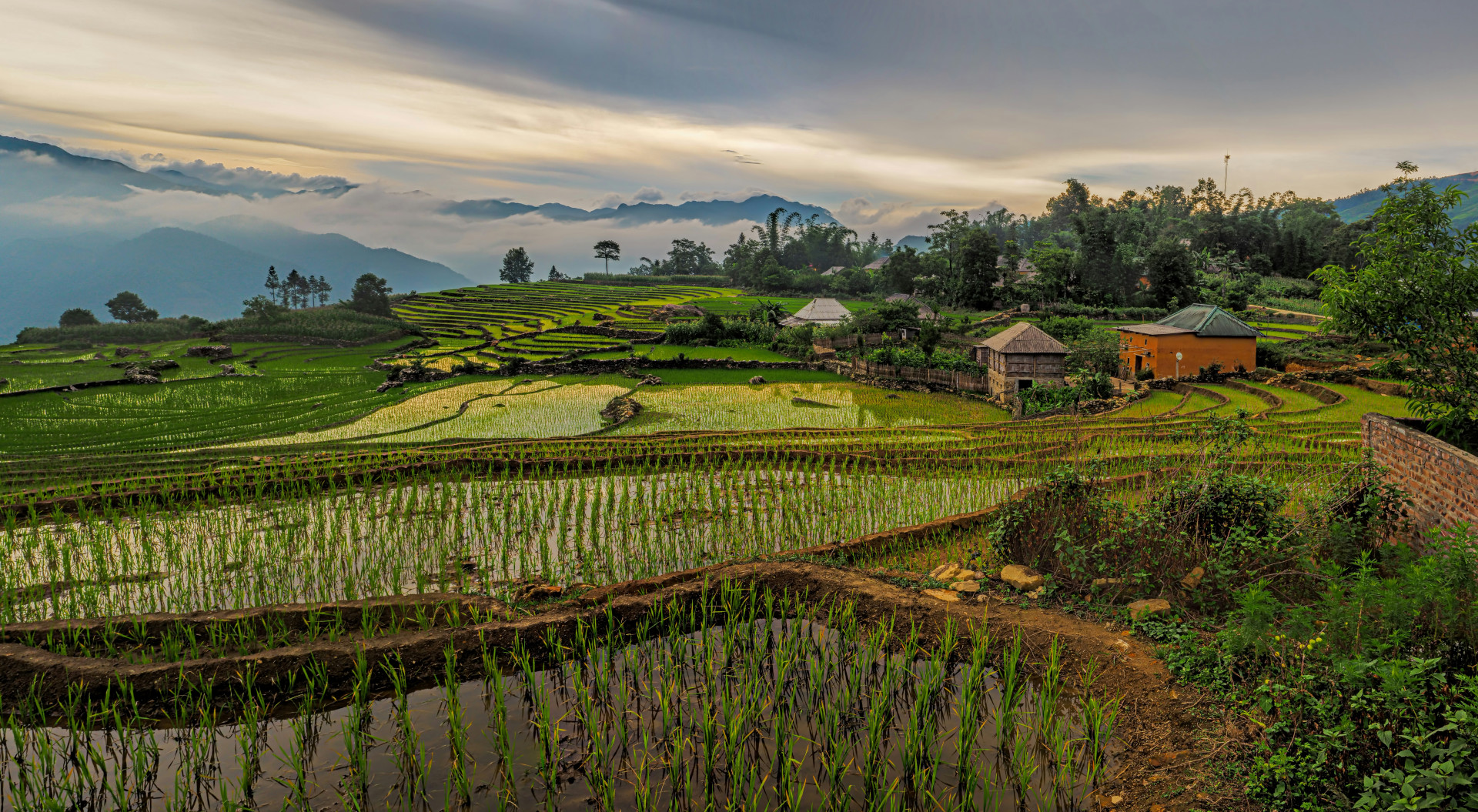
Parties and stakeholders will gather for a workshop under the Sharm el-Sheikh Joint Work on Implementation of Climate Action in Agriculture and Food Security.
The workshop will showcase integrated, context-specific solutions in agriculture and food systems, highlight the role of financial and technical bodies in supporting climate action, and foster coordination and exchange of knowledge, experiences and lessons learned.
Morning session: 17 June, 09:00 - 13:00 CEST / WCCB, Plenary Building, Chamber Hall / Webcast
Afternoon session: 17 June, 14:00 - 18:00 CEST / WCCB, Plenary Building, Chamber Hall / Webcast

A mandated workshop provides Parties with the opportunity to assess a consolidated list of indicators to measure progress towards the 11 adaptation targets of the Global Goal on Adaptation (GGA).
This event is a critical moment to reflect on the technical work completed in 2025, and to deliberate on the path forward for finalizing the set of indicators at COP30 in Belém. It also supports discussions on the modalities of the Baku Adaptation Roadmap and on advancing transformational adaptation.
When: 16 June, 10:00-18:00 CEST
Where: WCCB, Plenary Building, Chamber Hall
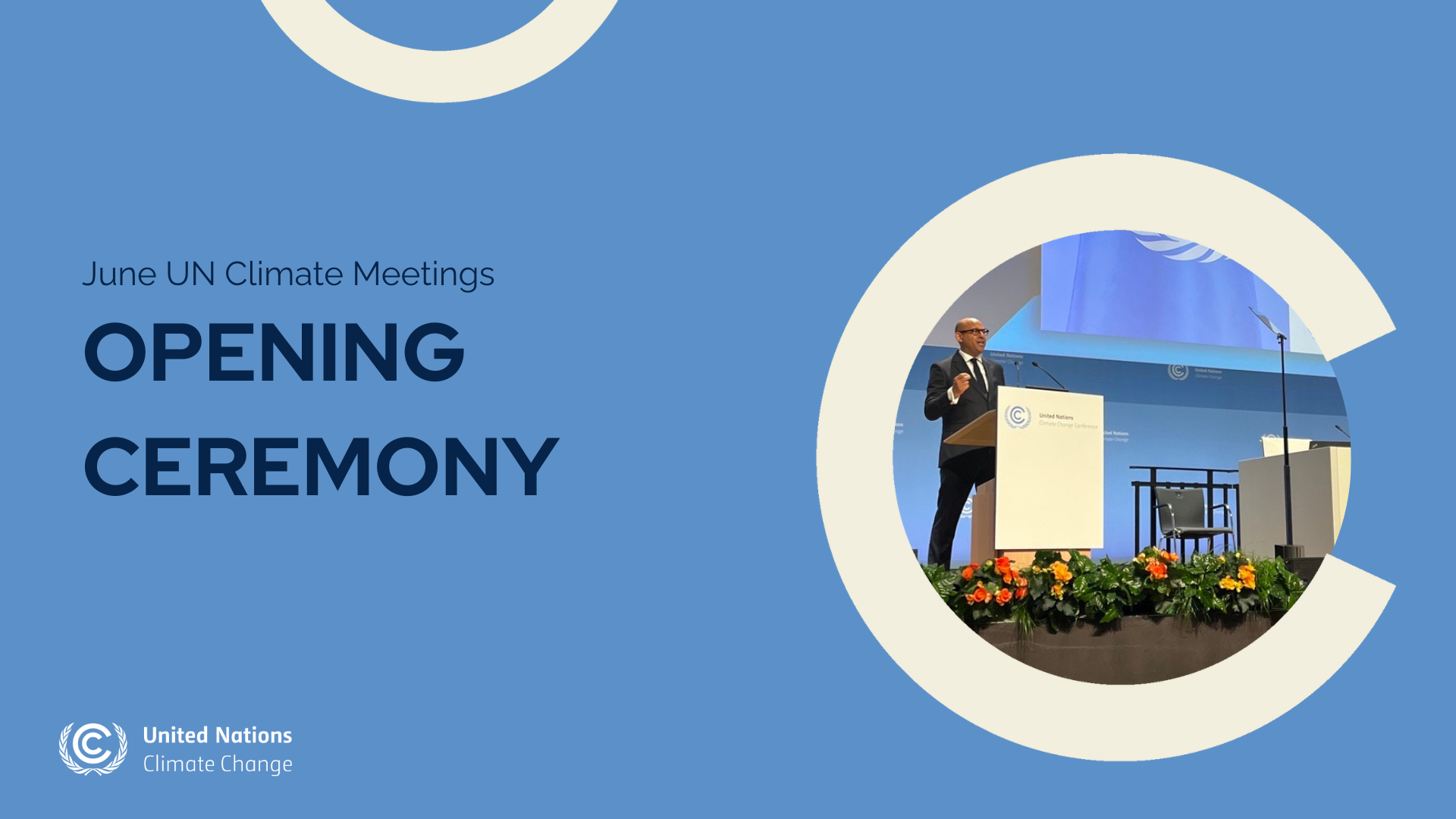
Tune in today for the opening of the June UN Climate Meetings. Formally called the 62nd session of the Subsidiary Bodies (SB62), the meetings aim to drive forward progress on key issues and prepare decisions for adoption at the upcoming COP30 UN Climate Change Conference in Belém, Brazil, in November.
UN Climate Change Executive Secretary Simon Stiell will be giving an opening speech, setting the scene for the meetings, during the opening plenary – scheduled to begin at 11:30 CEST, but start time can vary: please monitor the livestream.
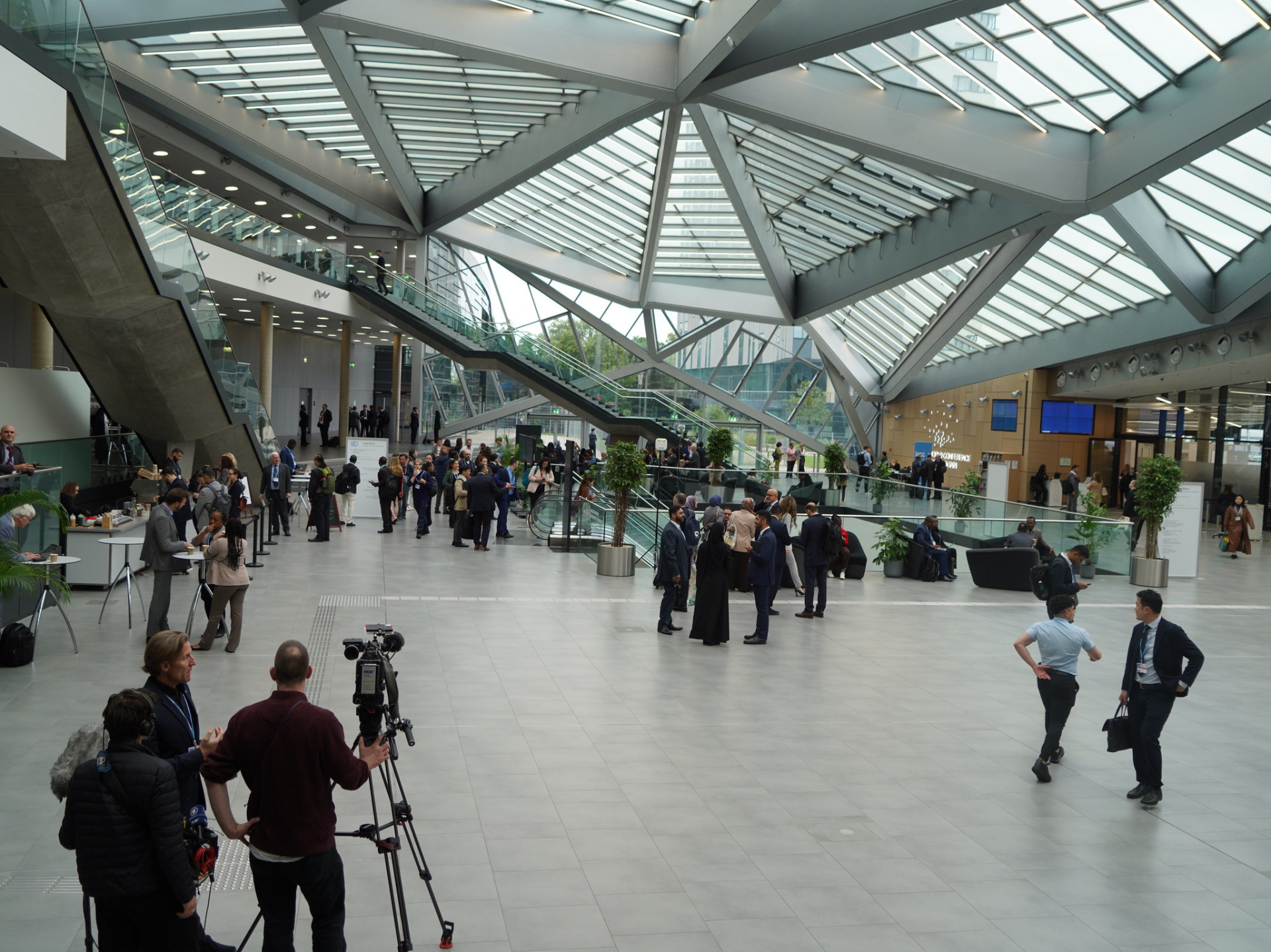
From 16 to 26 June, over 5,000 government delegates and stakeholders will gather at the World Conference Center in Bonn, Germany, for the June Climate Meetings – formally called the 62nd session of the Subsidiary Bodies (SB62).
The meetings will build on outcomes from COP29 in Baku, drive forward progress on key issues and prepare decisions for adoption at the upcoming COP30 UN Climate Change Conference in Belém, Brazil, in November.
Discussions will focus on a wide range of issues: continuing work to finalize the indicators for the Global Goal on Adaptation, advancing a just transition, a pathway to mobilizing $1.3 trillion in climate finance through the Baku-to-Belém Roadmap, and keeping mitigation efforts on track, among other key issues.
During the meetings, full adherence to the Code of Conduct is essential to ensure a respectful, inclusive and productive conference for all.
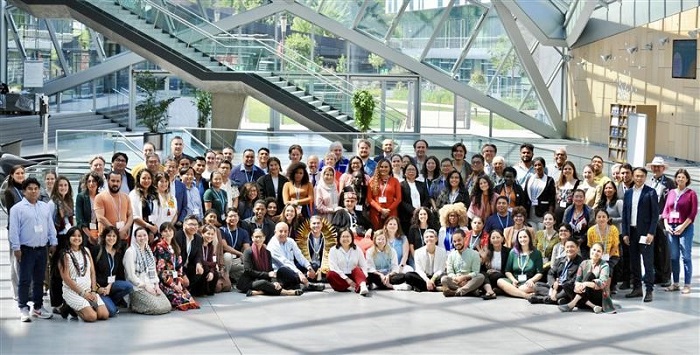
At its 13th meeting, held in Bonn this week, the Facilitative Working Group (FWG) of the Local Communities and Indigenous Peoples Platform (LCIPP) advanced implementation of the LCIPP Baku Workplan (2025–2027). For 2025, the FWG agreed to prioritize ambitious, just climate action grounded in holistic stewardship.
Around 200 representatives of Indigenous Peoples and local communities shared concrete, nature-centred approaches rooted in their diverse knowledge systems – emphasizing frontline leadership, intergenerational stewardship, and the central role of nature in climate solutions.
The LCIPP’s mandate and the FWG’s vision align with the incoming COP30 Presidency’s call for a “planetary renaissance,” placing Indigenous leadership and locally led action at the heart of just, effective climate action.
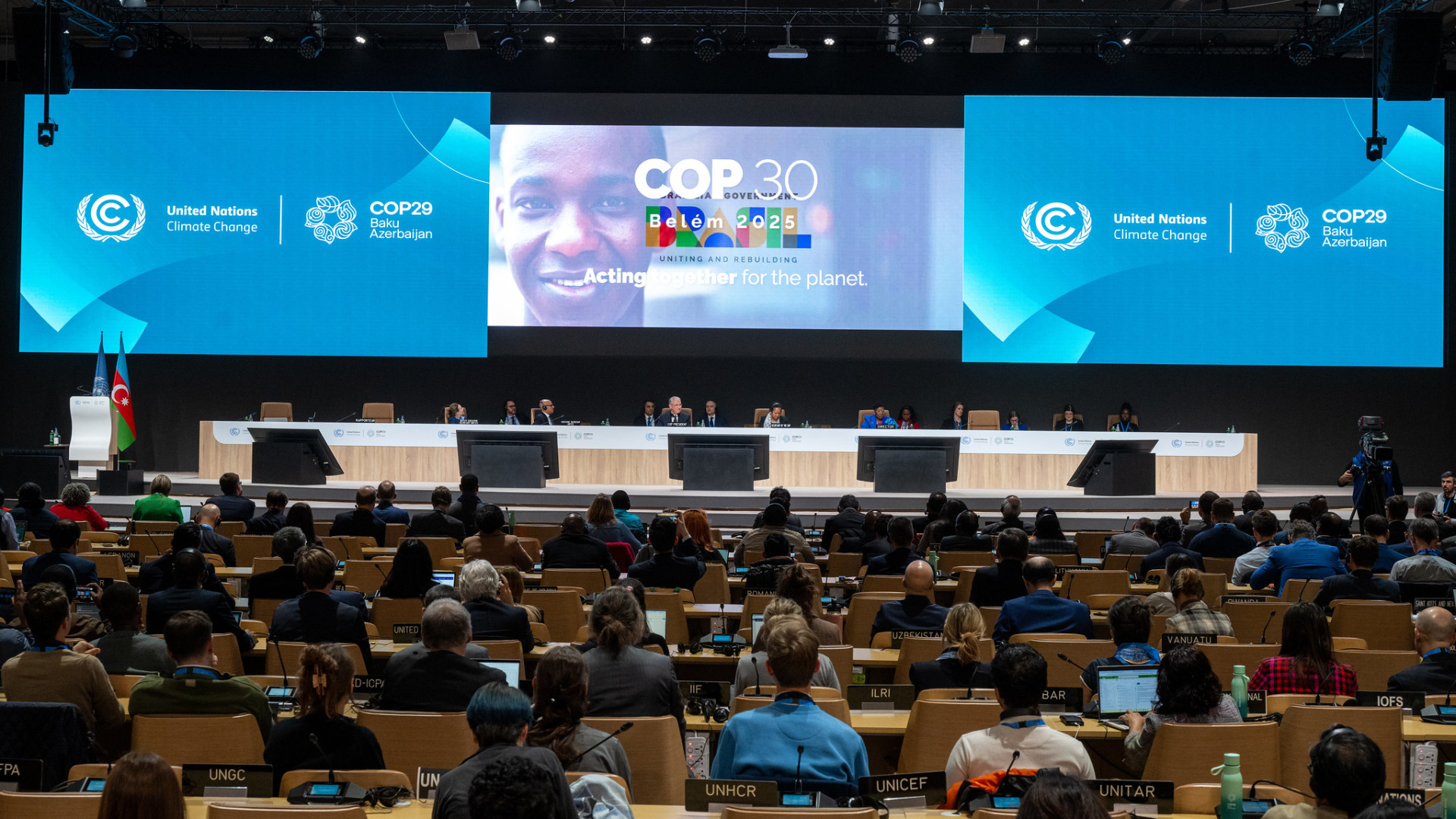
Starting 16 June, delegates from around the world will gather for the June Climate Meetings – formally called Subsidiary Body Sessions – to lay the groundwork for ambitious outcomes at COP30 in Belém, Brazil, in November.
Work this year has been building steadily. The secretariat has started work on three key reports which will give an updated picture of global progress prior to COP30: on adaptation, on climate ambition including emissions reductions and temperature increase projections, and on implementation of earlier national climate plans.

Download the app to get the latest updates, access to live streams, schedules and documents in real time.
The UN Climate Change app is available in the Google (Android) and Apple (IOS) stores (smartphone or tablet) and is a great way to follow international climate action at any time.
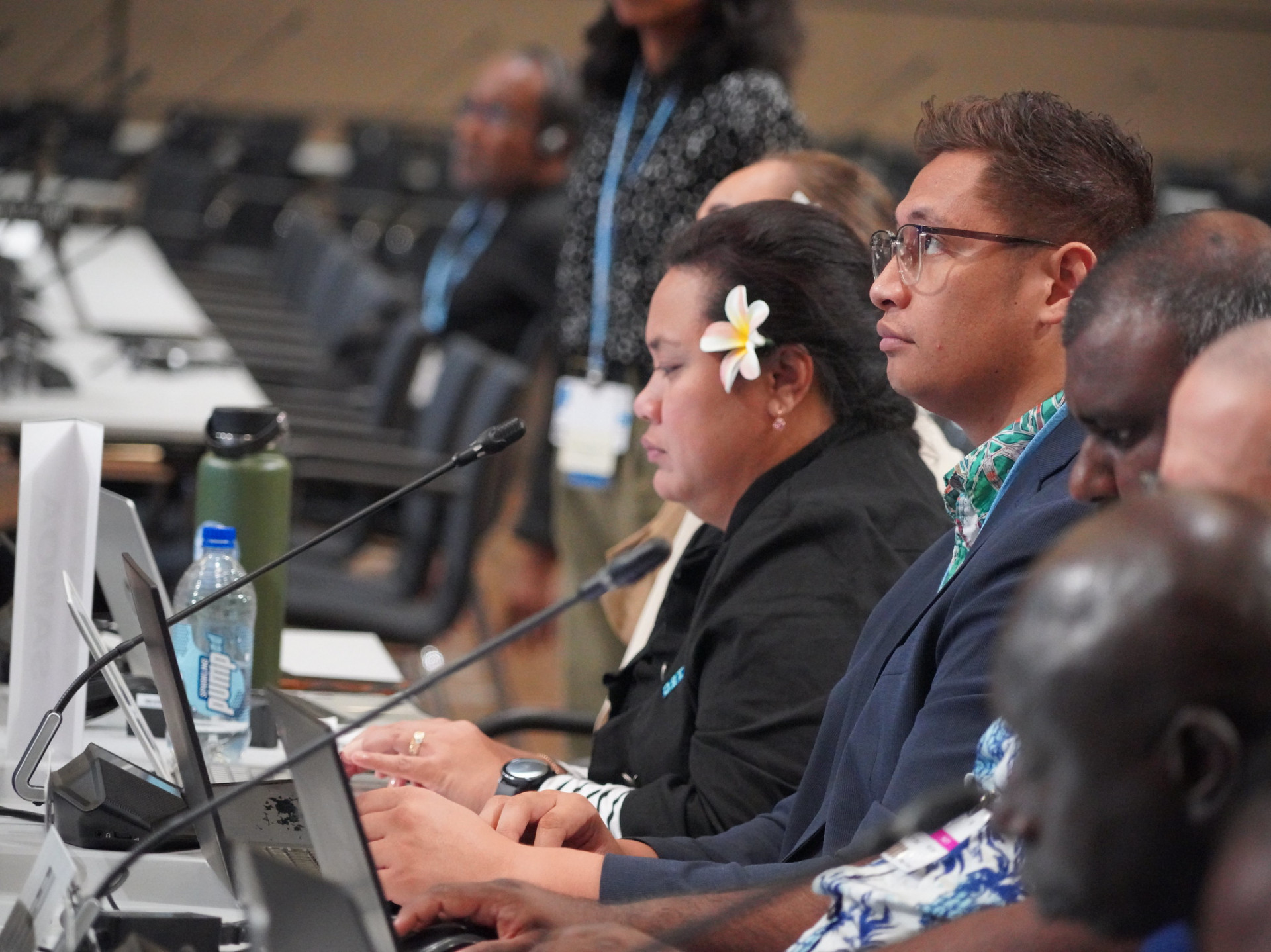
UN Climate Change meetings and conferences bring together people from all over the world to tackle the climate crisis. To ensure a respectful and productive experience for all, we encourage participants to know our Code of Conduct.
It's the responsibility of all participants to help ensure an inclusive and constructive environment, at all times, without exception.
Report concerns: If you witness or experience any issues, report them to UN security or here.
Follow guidelines: Respect event rules, protocols and UN procedures.
Respect privacy: Follow UN guidelines for photos and recordings.
The information for participants page is the go-to place to plan your attendance and.find answers to your logistical questions.
Find information about accommodation, registration, visas, meeting room bookings, and more.